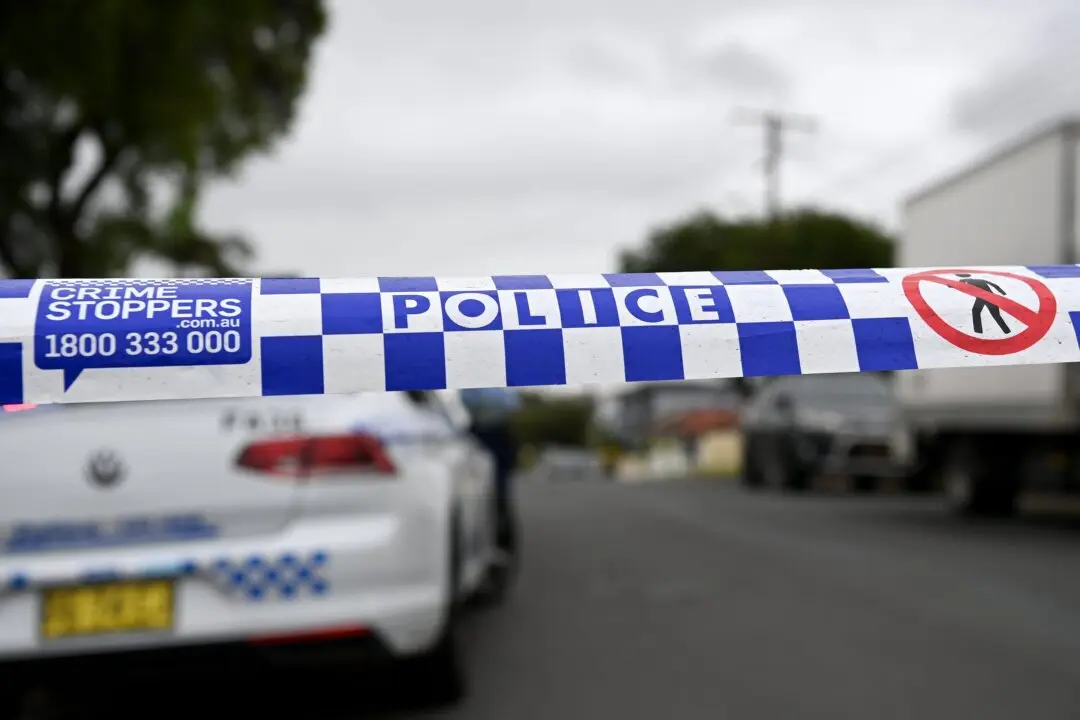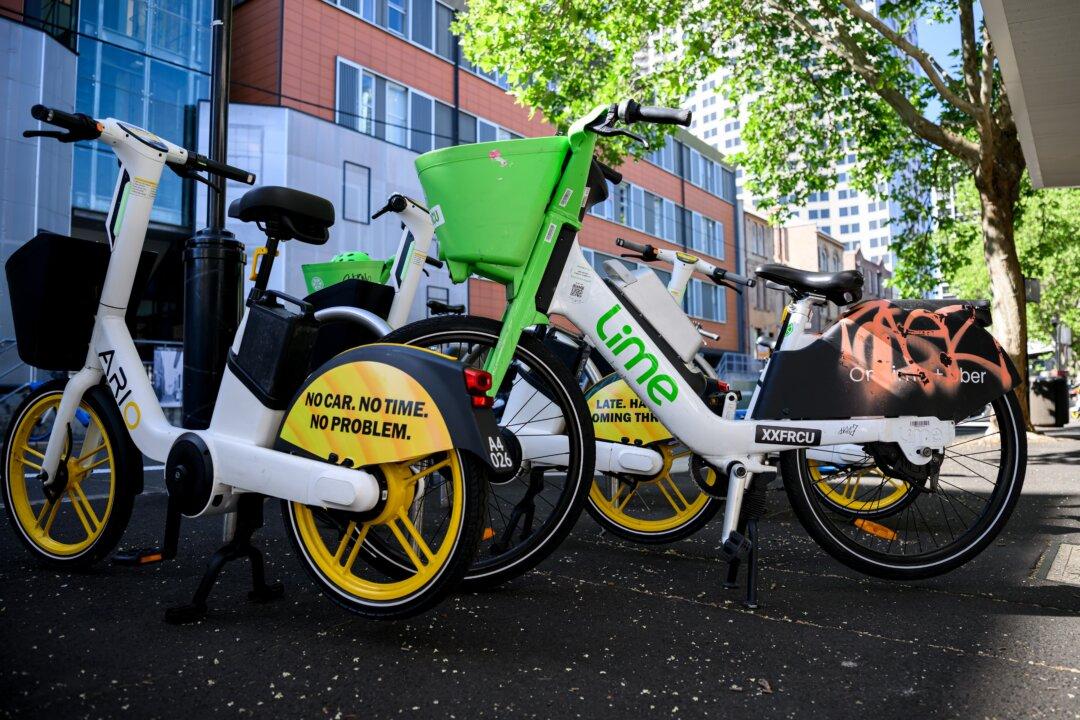Australia’s top ministers are working to allay concerns over Australia acquiring nuclear-powered submarines as China continues a disinformation campaign.
Foreign Minister Penny Wong said Australia had an impeccable record when it comes to non-proliferation.





